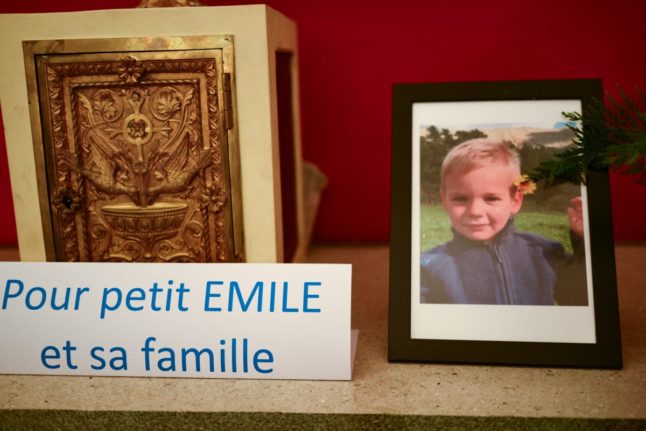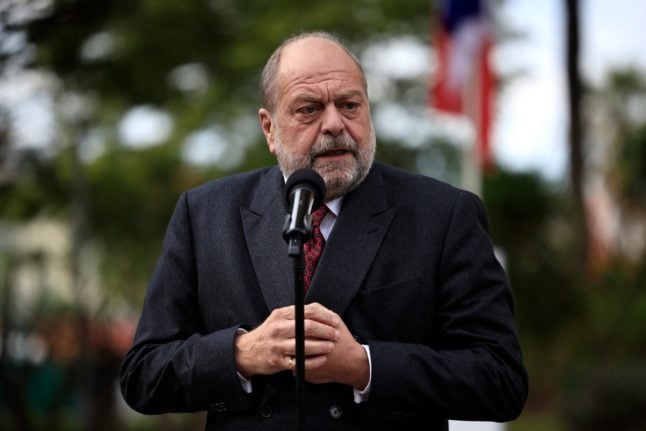Emile, two-and-a-half, was staying with his grandparents for the first day of the summer holidays when he disappeared on July 8th last year.
Two neighbours last saw him in the late afternoon walking alone on a street in Haut-Vernet, a small settlement of 25 inhabitants at an altitude of around 1,200 metres.
The little boy, barely 90 cm (35 inches) tall, was wearing a yellow T-shirt, white shorts and tiny hiking shoes, according to a call for witnesses at the time.
A massive on-the-ground search involving dozens of police and soldiers, sniffer dogs, a helicopter and drones failed to find him in July.
It was called off after several days following a prosecutor saying it was unlikely such a young child would have survived in the summer heat.
An initial probe into a missing person soon became a criminal investigation into a possible abduction. But the options of an accident or a fall remain open.
French investigators have summoned 17 people, including family members, neighbours and witnesses, to re-enact the events of the day he disappeared.
They are to focus on the last few minutes during which Emile was seen by neighbours, trying to untangle their contradictory accounts.
The family’s “only hope is that the child is still alive, even if this hope fades from day to day,” the grandfather’s lawyer said.
To ensure no outside interference in the investigation, police cordoned off the village from the outside world on Wednesday morning. It will remain so until Friday morning.
Flights over the village are also forbidden.
Early on Wednesday morning, around 15 journalists huddled in the cold rain at the barrier cutting off access to the village, kept at bay by two police cars.
Some 20 investigators are to guide the re-enactment of events, with some flying drones above to film it all.
The boy’s grandfather was questioned in a 1990s case into alleged violence and sexual aggression at a private Catholic school, it has emerged.
But a source close to the case said his possible involvement in the disappearance had always been examined to “the same degree” as other hypotheses.
Emile had just arrived in Haut-Vernet to stay with his mother’s parents in their holiday home for the summer when he went missing.
His parents, devout Catholics living in the southern town of La Bouilladisse, were not present on that day.
His mother is the oldest of 10 children.
Emile was her first child and she also has a younger daughter.
Investigators received some 900 calls from members of the public in the case, all of which have been dismissed as unrelated.
They have also sifted through endless mobile data and call logs in the hope of finding a clue.
In late November, a day before Emile would have turned three, his parents published a call for answers in a Christian weekly.
“Tell us where he is,” they wrote.



 Please whitelist us to continue reading.
Please whitelist us to continue reading.
Member comments